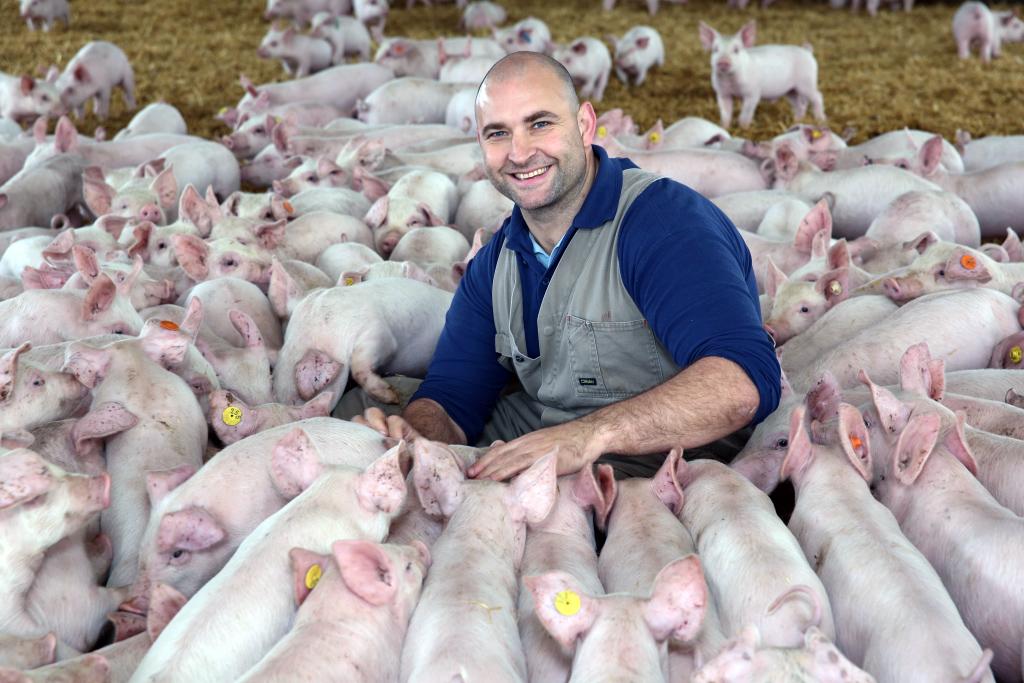Improving survival of new born piglets & sow performance
This project aims to increase the reproductive output of sows by increasing piglet survival using supplementary nutritional strategies in late gestation.
New born piglets often fail to thrive immediately after birth. This can be caused either by adverse conditions experienced during parturition, or by inappropriate nutrition during the final stages of gestation.
In addition to affecting fetal development, late gestation feeding can also affect sow performance during lactation and return to reproductive function post-weaning.
Key methodology: Feeding specific compounds / amino acids to sows in late gestation (last three weeks) and determining effects on piglet characteristics and survival immediately after birth through to weaning, as well sow lactation performance and interval from weaning to oestrus.
Study production animal health
Dr Will Van Wettere's research focuses primarily on developing management strategies to improve the reproductive performance of female production animals (in particular pigs, sheep and cattle). This includes:
- increasing neonatal survival, as well as their growth and reproductive potential
- developing phenotypic markers of reproductive potential and longevity,
- improving the quality of oocyte/embryo donors and embryo recipients,
- alleviating seasonal infertility, and
- improving ovarian function.
If you have a specific interest in the above areas and would like to discuss potential honours projects, please contact Will.

Supervisor
Research area: Production animal health
Recommended honours enrolment: Honours in Animal Science
